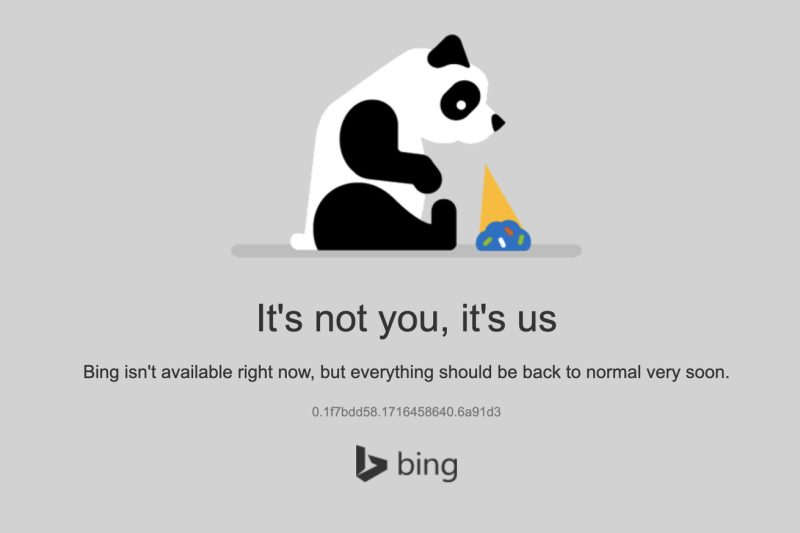The recent Microsoft Bing issue that took down search features on Copilot, DuckDuckGo, and ChatGPT has caused significant disruptions in the online search landscape. Users relying on these search engines experienced frustration and inconvenience due to the unexpected outage. This incident highlights the interconnected nature of technology platforms and the potential cascading effects of a single service disruption.
When Microsoft Bing encountered technical difficulties, the repercussions were felt across multiple search engines that leverage its infrastructure. Copilot, an AI-powered code completion tool, relies on Bing’s search capabilities to provide accurate and relevant suggestions to developers. The outage left many users unable to access this valuable resource, impacting their productivity and workflow.
Similarly, DuckDuckGo, known for its privacy-focused search engine alternative, also experienced disruptions as a result of the Bing issue. DuckDuckGo’s reliance on Bing’s backend services for certain search functionalities meant that its users were unable to perform searches as usual. This incident serves as a reminder of the interconnected nature of search engines and the dependencies that exist within the digital ecosystem.
Furthermore, ChatGPT, an AI chatbot developed by OpenAI, was also affected by the Bing outage. ChatGPT utilizes Bing for search queries and information retrieval, enabling more contextually relevant and accurate responses to user queries. The temporary unavailability of this feature due to the Microsoft Bing issue highlights the importance of robust backup systems and contingency plans for technology companies that rely on third-party services.
The incident underscores the need for diversification and redundancy in technological infrastructure to minimize the impact of service disruptions. Companies should consider building backup systems and alternative solutions to mitigate the effects of potential outages or failures in critical services. Additionally, clear communication and transparency with users during such incidents are essential to manage expectations and maintain trust in the platform.
As technology continues to advance and become more intertwined, incidents like the Microsoft Bing issue serve as a reminder of the fragility of digital services and the importance of robust infrastructure and contingency planning. By learning from such experiences, companies can better prepare for and respond to unexpected disruptions, ensuring continued reliability and service for their users.


























